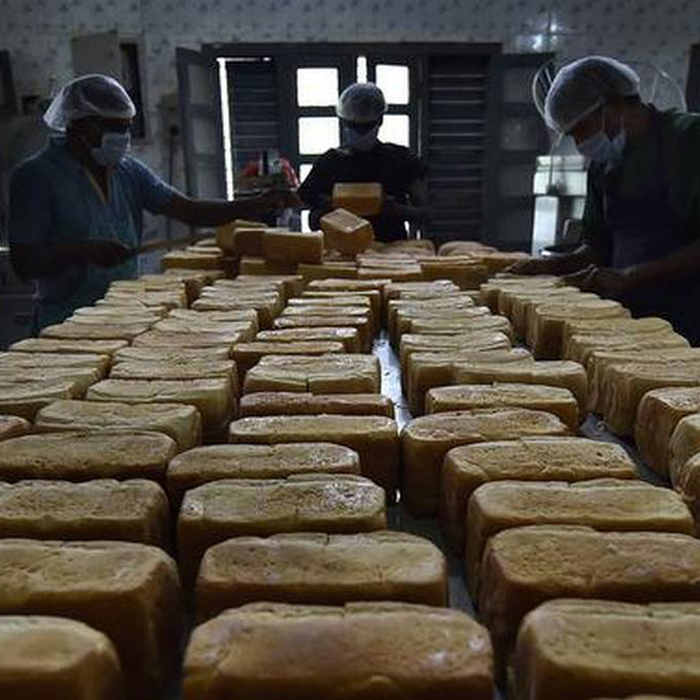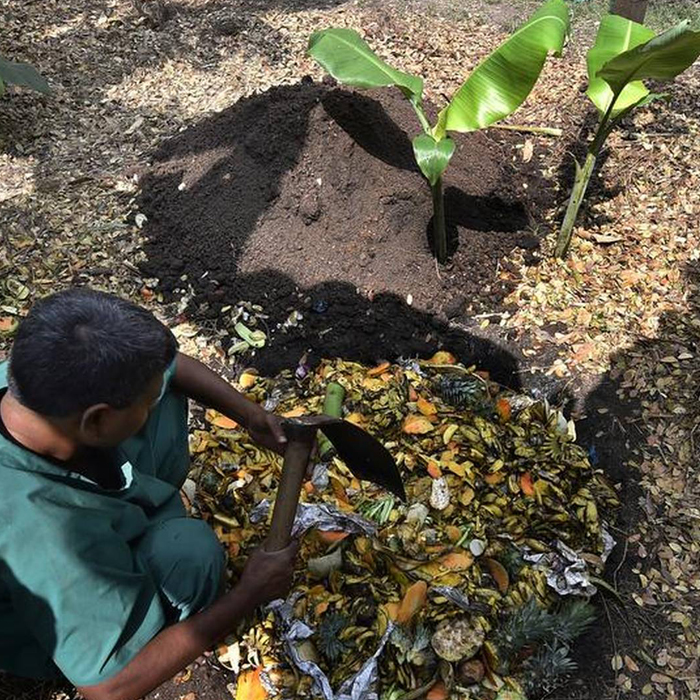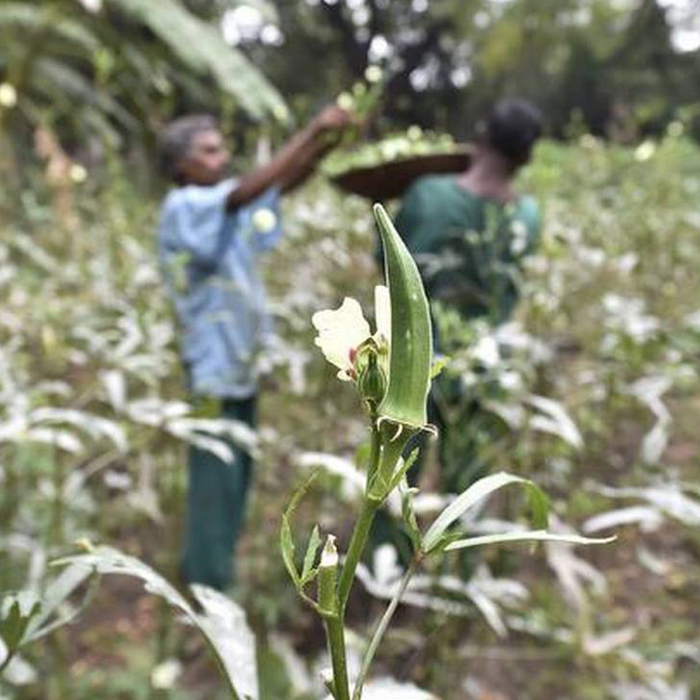Institute of Mental Health (IMH)
A Government Institution for the rehabilitation and care of those mentally ill
Caring for persons with mental disorders has always been a challenge, in all countries. Further lack of poor mental health public care is an issue in India. A report by the World Health Organisation (WHO) revealed that 7.5 per cent of the Indian population suffers from some form of mental disorder. These comprise of One Sixth of the total public health disorders in the country. Further one in every three homeless India has some kind of a mental health issue.
The Government Mental Hospital, Madras, presently the Institute of Mental Health (IMH), Chennai, Tamil Nadu, is one of the oldest and largest institutions in South Asia rendering psychiatric care to the mentally ill. Its hoary past extends from the year 1794, with IMH celebrating its 225th anniversary this year. Today, many of its nearly 900 patients lead relatively peaceful lives on the premises. For many of the residents, whose condition allows it, industrial therapy is used as a rehabilitation tool and to give them a choice of livelihood.



The current quality of care being provided in these public institutions of healthcare speaks of improvements and sensitivities in the current system. Care based sessions begin at the institute after breakfast every day. For example, residents grow vegetables organically on the sprawling premises. Several residents used to bake bread on an industrial scale (the devices are non-operational currently though), sufficient to meet the requirements of 3 medical colleges in Chennai. At an industrial therapy centre, women patients make baskets from popsicle sticks, jute bags, soft toys, wire baskets, cell phone pouches, paper packs for medicines, candles, mats and cloth bags. All this has been possible with interactions from civil society and the work of non profits, such as The Banyan, who have undertaken many initiatives within the institute such as coloured clothes, employment placements, securing voting rights etc. which have been covered widely in the news.
We came to know of the needs of the residents at the Institute of Mental Health through a friend working there. As Go2C, we managed 3,000 meters of cloth and 5 semi-automatic sewing machines to make dresses/uniforms for about 800 inmates of the Institute. We were able to do this through the help of Gokaldas Images which not only contributed to the cloth but also provided the machines to sew and also provided the cost of delivering these at the institution.